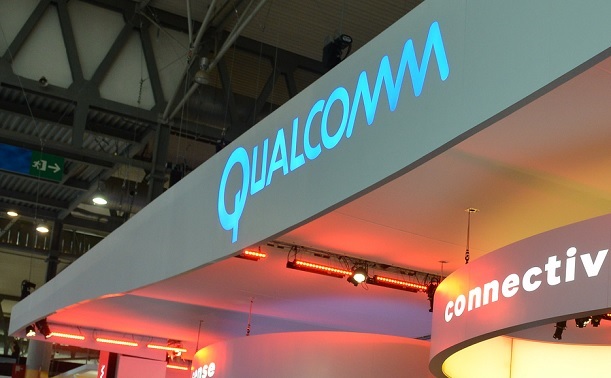Apple has accused Qualcomm of withholding almost $1 billion in payments, just days after the US regulator accused the chipset maker of unfair market practices.
The iPhone maker accused Qualcomm of charging royalties for “technologies they have nothing to do with”, profiting from the likes of Apple’s TouchID, displays and cameras.
Qualcomm hit back, accusing Apple of making “baseless” claims.
Apple said Qualcomm charges Apple at least five times more in payments than all the other cellular patent holders it has agreements with combined.
It said: “Qualcomm built its business on older, legacy, standards but reinforces its dominance through exclusionary tactics and excessive royalties.”
Qualcomm has taken “increasingly radical steps” to protect its business, Apple said, most recently withholding almost $1 billion in payments from Apple “for responding truthfully to law enforcement agencies investigating them”.
It added: “We are extremely disappointed in the way Qualcomm is conducting its business with us and unfortunately after years of disagreement over what constitutes a fair and reasonable royalty we have no choice left but to turn to the courts.”
In response, Qualcomm accused Apple of encouraging legal action against the company, misrepresenting facts and withholding information.
Don Rosenberg, Excutive Vice-President and General Counsel for Qualcomm, said: “Apple has intentionally mischaracterised our agreements and negotiations, as well as the enormity and value of the technology we have invented, contributed and shared with all mobile device makers through our licensing program.”
Last week, the US regulator, the Federal Trade Commission, said Qualcomm was charging Apple lower fees in a bid to get exclusivity.
It said Qualcomm uses its market dominances to impose “anti-competitive” terms on smartphone makers and has weakened the wider ecosystem. Qualcomm denied the claims.



